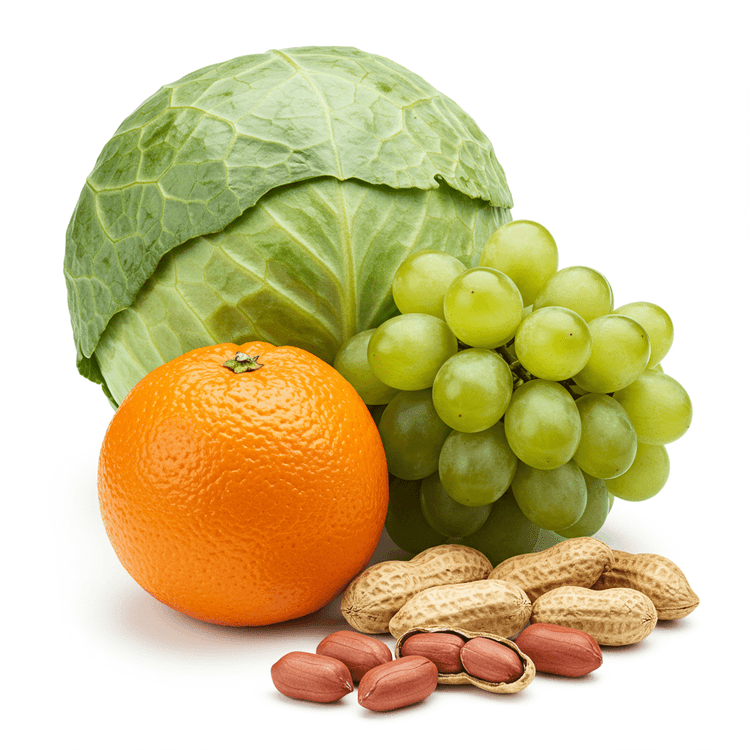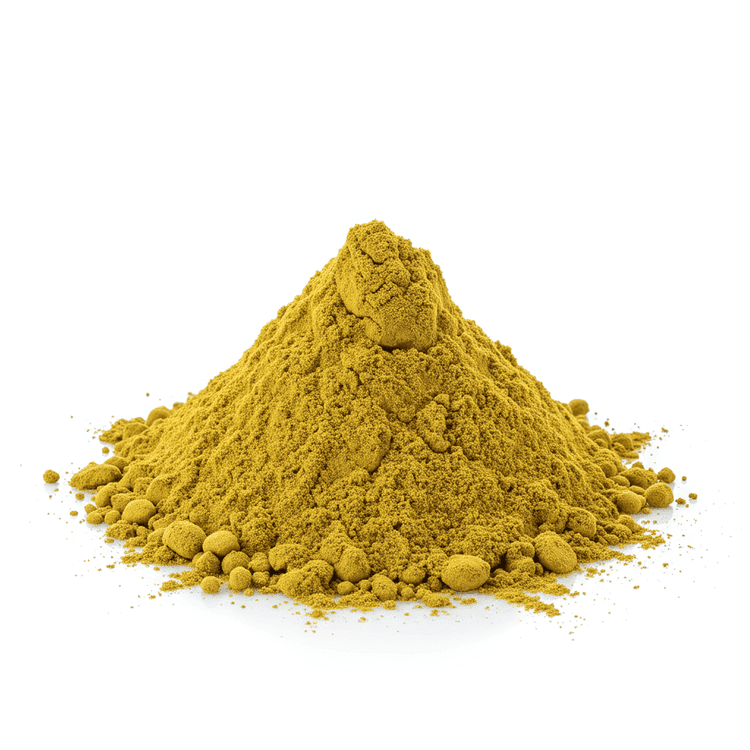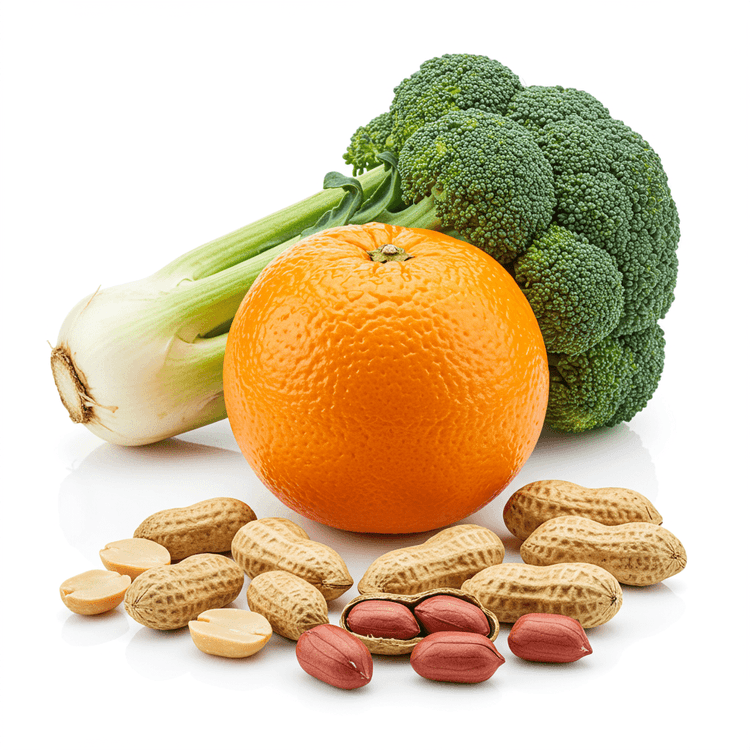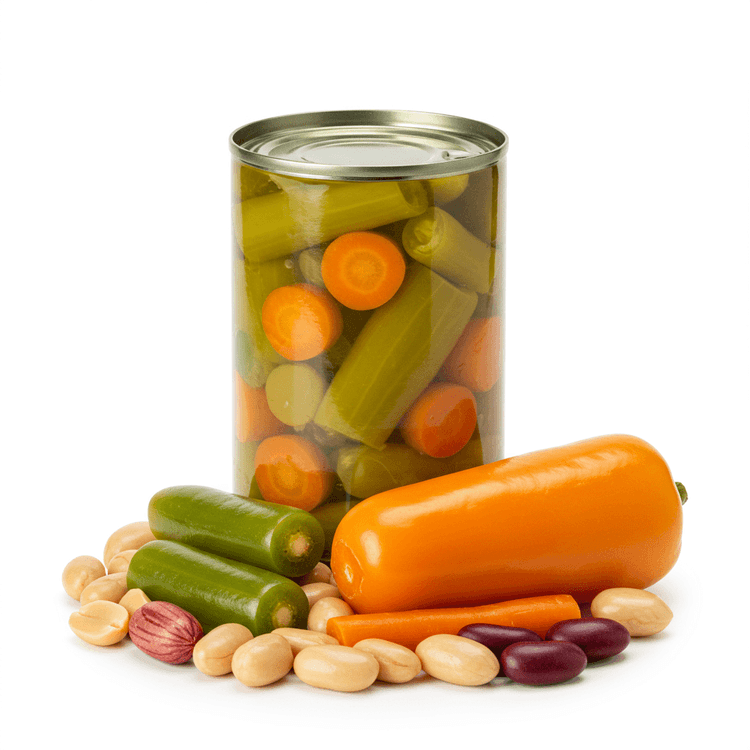
Dried Vegetable
Dried vegetables are a convenient and shelf-stable way to incorporate essential nutrients and flavors into your cooking. Dehydration removes moisture, concentrating the vegetable's natural sugars and intensifying its flavor. Textures vary depending on the vegetable and drying method, ranging from chewy to crisp. Common dried vegetables include tomatoes, mushrooms, onions, and bell peppers. They come in various forms, like slices, powders, and flakes, making them versatile additions to soups, stews, sauces, and dry rubs. Look for high-quality dried vegetables without added salt or preservatives for the best flavor and nutritional value. Rehydrate dried vegetables for a softer texture, or use them directly in dishes with sufficient liquid.
Common Uses
- Use dried vegetables as a convenient way to add depth of flavor and texture to soups and stews, without the need for fresh produce that might spoil quickly. Rehydrate them slightly or add them directly to simmering liquids.
- Incorporate dried vegetable powders, such as tomato powder or mushroom powder, into dry rubs for meats, poultry, or vegetables to boost umami and savory notes.
- Reconstitute dried vegetables, like sun-dried tomatoes, in olive oil and use them as a flavorful addition to pasta dishes, salads, or antipasto platters. The infused oil can also be used for cooking.
- Blend dried vegetables into homemade vegetable broths or stocks to enhance their flavor and nutritional content. This is a great way to utilize vegetable scraps and reduce waste.
- Add chopped dried vegetables to bread doughs, muffin batters, or savory scones for an interesting flavor and textural element. Rehydrate the vegetables slightly before adding to prevent them from absorbing too much moisture from the batter.
- Sprinkle crushed dried vegetables, such as onion flakes or dried bell peppers, over salads or as a topping for dips and spreads to add a burst of flavor and color.
Health Benefits
- Rich in fiber, aiding digestion and promoting gut health.
- Concentrated source of vitamins and minerals, contributing to overall well-being.
- Low in calories, supporting weight management goals.
- Good source of antioxidants, helping protect cells from damage.
- Can help regulate blood sugar levels due to high fiber content.
- Long shelf life allows for consistent access to nutritious vegetables.
Chefadora AI is here.
Experience smarter, stress-free cooking.
Storage Tips
Dried vegetables should be stored in airtight containers in a cool, dark, and dry place. This helps prevent moisture absorption, which can lead to spoilage. Properly stored dried vegetables can last for several months to a year. Avoid storing them near heat sources or in direct sunlight. For optimal freshness, consider storing them in the refrigerator or freezer, especially in humid climates.
Marnirni-apinthi Building, Lot Fourteen,
North Terrace, Adelaide, South Australia, 5000
Australia




